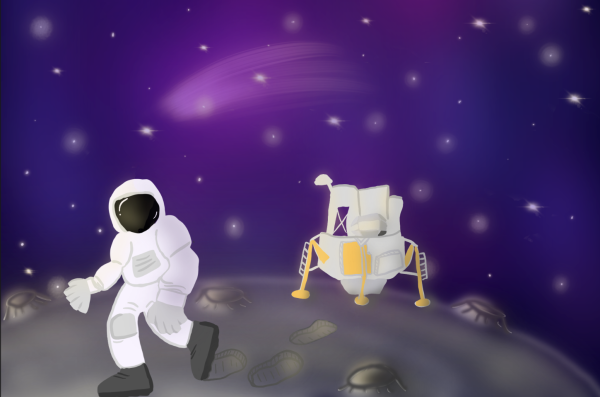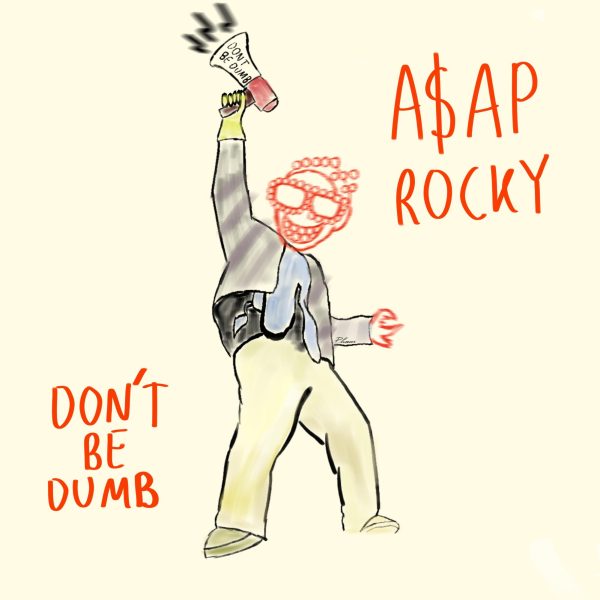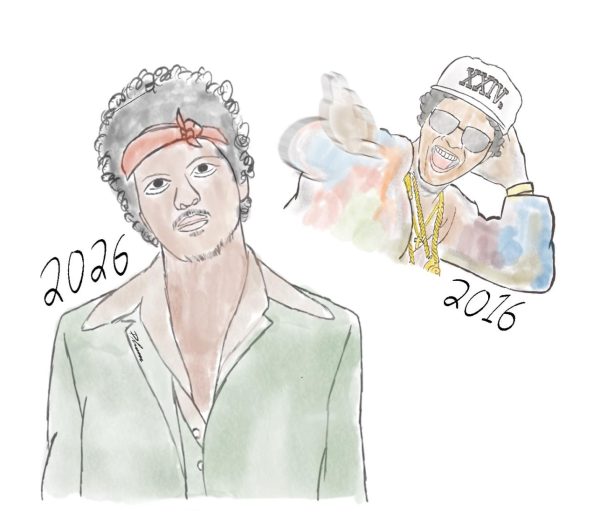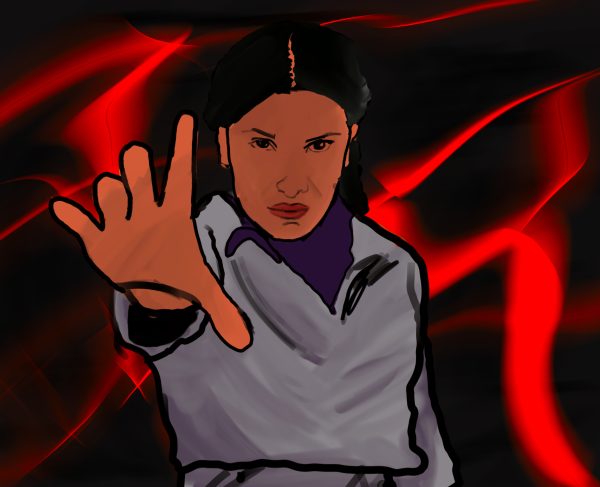Risk-takers more likely to ‘psych’ out for scares
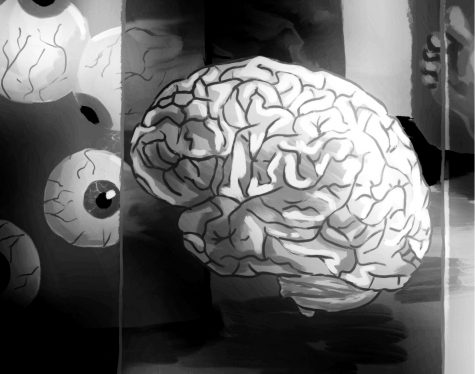 Art by Brenna Drabik
Art by Brenna Drabik
You turn the corner, shaking from your last run in with a psychiatric patient. Blood is oozing from the walls onto your shoes, and hospital beds creak as you tread carefully through the dimly through the blue-light hallway. The smell of rubbing alcohol and cough syrup contaminates the air with a sickening scent. Thinking you’re finally in the clear, you let out a sigh of relief. Fabric slices through the air, causing you to whip your head back only to see darkness. You carefully turn around, and feel the strange sensation of being watched. Fully facing forward, you let out a piercing scream. A doctor, dressed in all white, dripping with blood, and holding a knife is face-to-face with you now. Paralyzed by fear, you stay standing, only for the door to open to the outside. You made it through the haunted house. Some people love being scared. Others can’t stand the thought of a horror movie.
Why is there such a disparity? There’s a huge difference between people who like frightening events and people who tremor at the thought. This all boils down to psychology. People who tend to love horror movies, haunted houses, and frightening festivals alike pose what psychologists call the “dark factor.” The “dark factor” is a product of entertainment preferences. Those who enjoy heavy metal/punk music and disturbing films, like cult films, are generally the people more inclined to watch a horror movie. Certain personality characteristics contribute to being a fan of a good scare: those who are inclined to watch scary movies also tend to be more aggressive, rebellious, and edgy. They are also typically young men. Since risk-takers are more likely to act dangerous or scary, they’re also more likely to enjoy the risks and plot twists of scary movies.
On the contrary, some people can’t stay far enough away from scary movies. This is not only due to a lack of the personality traits people with the “dark factor” have but also a higher level of empathy. This is known as the pleasure paradox. These people are more inclined to feel affected by the events in scary movies; they are much more real to them. For example, a body has been mangled as a result of an escaped psychiatric ward patient. Empaths tend to feel uncomfortable and try to distract themselves. Their minds are clouded with the thought “this could happen to me or someone I know.” When compassion and horror mix, it doesn’t bode well for the box offices.
What about people with little empathy? Picture the same scene: a body mangled from a psychiatric ward patient rampage. Those who don’t have much empathy tend to go with the mindset that it’s “just a movie.” Because of this, it doesn’t personally touch them or scare them. Whether or not horror movies excite you or terrify you, there’s something everyone can learn from them; never go into a dark basement, especially alone.
Your donation will support the student journalists of Saint Viator High School. Your contribution will allow us to purchase equipment and cover our annual website hosting costs.




